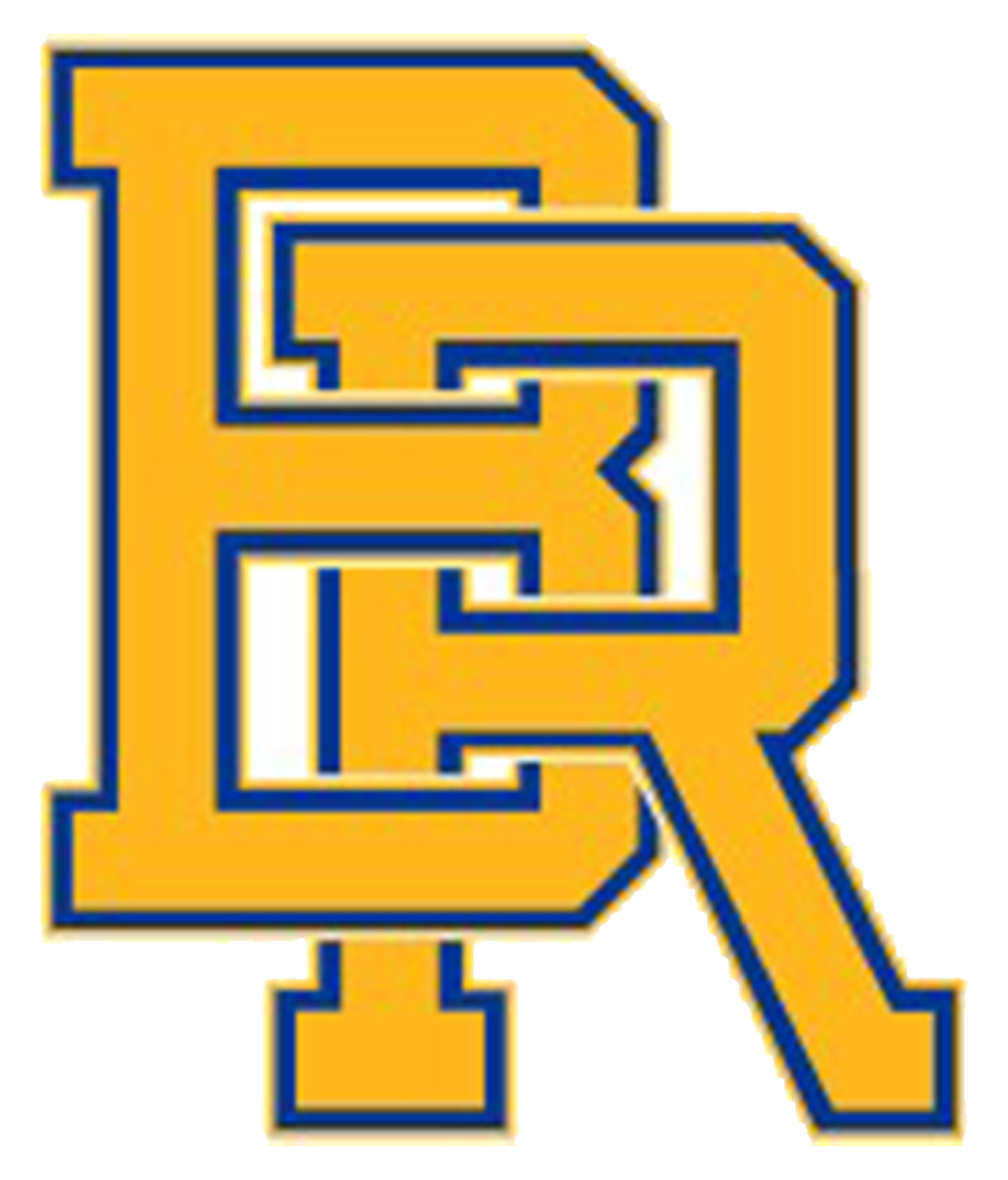Parents Corner
Learning Enrichment at Home
Make your home a rich environment for learning. Dinner conversations, trips, games, reading time, family sports, appropriate supervision, home organization, and daily routines all contribute to your child's academic achievement at school.
Utilize resources in your community to provide enrichment activities for your child. Experiential learning through museum trips, music, dance, and art lessons, sports programs, libraries, and colleges' community outreach education will enrich your child's store of knowledge and stimulate a lifelong learning habit.
Use your computer to enrich and support your child's educational achievement. Start with understanding what your child is learning at school and what her learning strengths and needs are. Look through her textbooks and familiarize yourself with her test scores to get clues for finding the best online resources and software to enhance her understanding of the academic material and remediate where she has deficits.
Short on Time? Read here to see what you can do with just a few minutes....
5 minutes:
Look at his finished homework, but don't just say it's nice. Experts say kids are more motivated when you tell them exactly what you like and how it makes things better for them and others.
Play "I Spy." Say "I spy something aqua colored" or "I spy something that begins with the letter N." Kids love to play guessing games, and won't even realize they're learning.
Build his/her vocabulary. Ask him/her to repeat a word like "physician," and then explain what it is and how it's used in a sentence. Kids with large vocabularies become stronger readers faster. But they can't get it from TV, which even at its best uses only about half as many complex words as books and magazines.
20 minutes:
Call or email the teacher and ask how your son/daughter is doing in reading or math.
Read a book part way and ask him/her to guess what comes next or to create his/her own ending.
Help him/her explore his/her world by seeing how water changes from a solid to a liquid to a gas. Let him/her hold the ice. Ask her what he/she thinks will happen when he/she puts it in a warm pot? And then when the water boils? Is it still water? What would happen if he/she put it back in the freezer? Tell him/her how making guesses, testing them and being honest about what you see is what science is all about.
